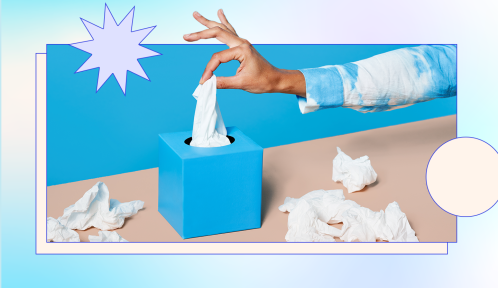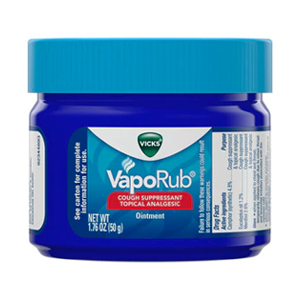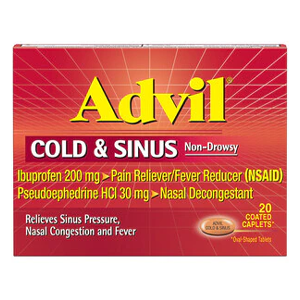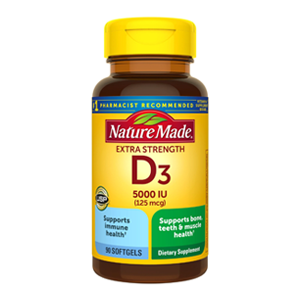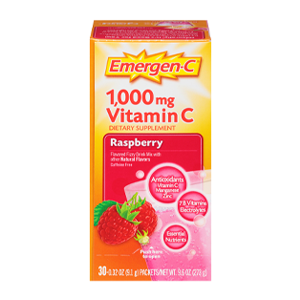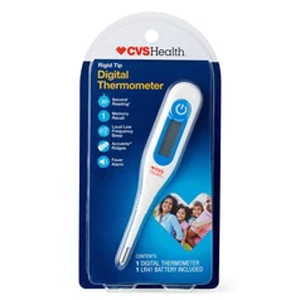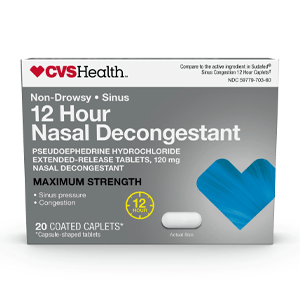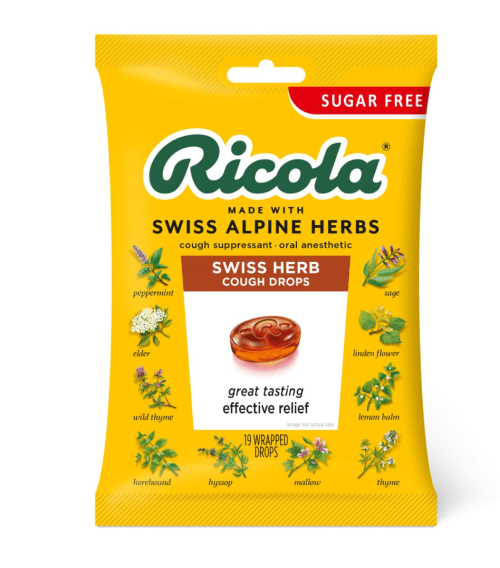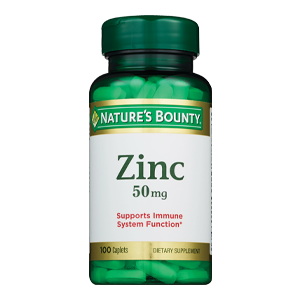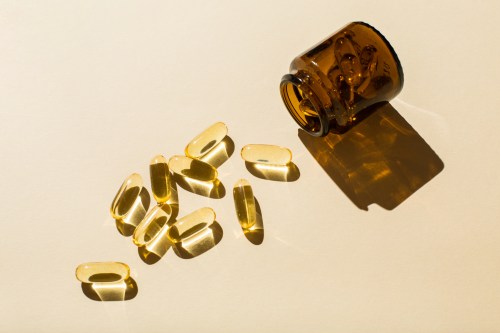There’s nothing like your first crisp-air walk of the season to give you all the giddy, can’t-wait-to-eat-pumpkin-everything feelings. And there’s nothing like your first case of sniffles to remind you that cold season isn’t always all fun and games.
The key to not letting less-than-stellar health disrupt your scarf-clad, foliage-loving autumnal activities? Giving your body as much support as possible before you start feeling under the weather. “It’s much easier than treating symptoms after the fact,” says Bindiya Gandhi, MD, who is double board-certified in family and integrative medicine.
To do it, Dr. Gandhi has a few recommendations: Getting adequate sleep, managing stress, prioritizing moderate exercise, eating a well-rounded, anti-inflammatory diet rich in antioxidants and flavonoids, and taking immune-supporting vitamins and minerals.
On the supplements front, Dr. Gandhi has a few favorites (keep reading for the details on her go-to’s), as well as a few other cold-season staples she stocks in her medicine cabinet when the weather starts to turn. The best part (for your well-being, your wallet, and your schedule) is that you can get all of her health-supporting recommendations at affordable prices with one convenient stop at CVS®. Keep scrolling to see everything she suggests, so you can enjoy the colder weather—sans the sniffles.
The 8 cold-season staples Dr. Gandhi recommends always keeping on hand.
Vicks Vaporub Decongestant Ointment — $9.00
You know a cold season staple is worth it when a doctor’s entire family co-signs. “Vicks is our family’s go-to all year around—it’s been a family tradition since as long as I can remember,” Dr. Gandhi says. “It’s great for soothing minor aches and pains when you’re not feeling your best, and it’s been around for hundreds of years… As a mother and doctor, I love that it’s backed [by] science and safe to put on my little kids as well.”
Advil Cold & Sinus Relief Caplets — $10.00
One of the worst parts of coming down with a cold is the body aches and fevers, and the last thing you want to do when you’re feeling all sorts of crappy is scrounge around for medicine.
That’s why Dr. Gandhi advises always having a bottle of NSAIDs on hand to soothe what ails you in a pinch. “Of course, always talk to your doctors before starting any new medication regimen in case there are contraindications,” Dr. Gandhi adds.
Nature Made Vitamin D3 Softgels — $26.00
According to Dr. Gandhi, vitamin D3 is a medicine-cabinet must for everyone, not only because of its immune-supporting capabilities, but also due to its anti-inflammatory properties. Oh, not to mention, if you happen to be low or deficient in vitamin D (like the majority of people are) Dr. Gandhi says it can help support healthy energy levels, too.
Emergen-C Vitamin C, Super Orange — $15.00
Vitamin C is the all-star of immune support for good reason: “There are numerous studies and great benefits when it comes to taking a vitamin C supplement, so it’s a must to have in your cabinet,” Dr. Gandhi says. This one combines the power of vitamin C (1,000 milligrams, to be exact) with B vitamins, zinc, and electrolytes for maximum immune-supporting goodness.
CVS Health Standard Digital Thermometer — $13.00
A thermometer is one of those cold-season staples you often forget about until you really need it—but don’t wait for your temperature to spike to make the trip to the store. “This is a must for every household for all ages, all year around,” Dr. Gandhi says.
CVS Health 12-Hour Nasal Decongestant — $13.00
Plan ahead for your sniffles this cold season with a proper decongestant you can stow away until your nose needs them. Just remember that decongestants are not recommended for everyone (including people with high blood pressure), so Dr. Gandhi recommends getting the green light from your doctor before grabbing a box.
Ricola Cough Suppressant Throat Drops, Sugar Free — $4.00
Two things to look for in a cough drop before it makes the cut into your medicine cabinet: 1. That it’s not too sugary, and 2. That it contains sore-throat-alleviating ingredients. These ones fit the bill since they’re sugar free, and “they may be helpful because they are soothing and have a honey-like coat to them,” Dr. Gandhi says.
Nature's Bounty Zinc Caplets — $8.00
The final component of your cold-weather medicine cabinet is zinc, which supports antioxidant health as well as immune function. And with 50 milligrams per dose—along with your suite of other cold-season staples—you’ll be set to take on the next few months without without any sniffle-induced stress.
Sign Up for Our Daily Newsletter
Get all the latest in wellness, trends, food, fitness, beauty, and more delivered right to your inbox.
Got it, you've been added to our email list.
